‘When our daughter was born, I needed an elective C-section due to placenta praevia. Although far from ‘natural’, Anna’s birth was filled with joy,’ says Danielle Finch.
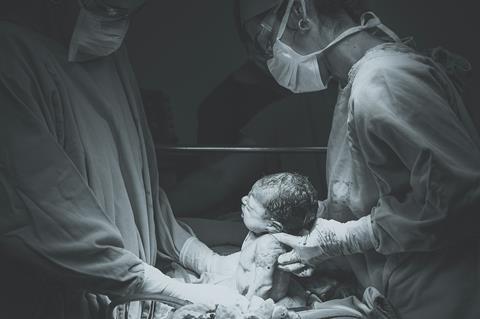
According to the most recent NHS data, 1 in 4 births are now Caesarean sections, a significant rise from around 13% in 2013-14. Experts say that this is due to an increase in more complex pregnancies with mothers being older or obese for example. Seeing this headline in the news made me reflect on my own experience of having 2 C-sections and how my internalised views around these procedures has been challenged as a result.
Does stigma around non-vaginal birth really exist? And how does it develop?
Does stigma around non-vaginal birth really exist? And how does it develop? When we’re young, we absorb the viewpoints of those around us. I remember hearing growing up that Victoria Beckham was ‘too posh to push’ and all of the negative connotations that came along with that. Through all the chatter, the message I internalised was, ‘she thinks she’s better than everyone else.’ In my mind this equated to natural births being the ‘gold standard of womanhood’.
READ MORE: Should Christians have more children to make up for the UK’s falling birth rates?
When I became a Christian, I feel this viewpoint actually solidified more so, albeit unknowingly. We know that God designed our reproductive systems in a way that, all being well, allows us to bring life in to this world. Yet, I can’t help but feel that with the impact of social media, we can start to hold the view that unmedicated, peaceful vaginal births are what we should all be capable of.
We see edited videos and images of relaxed women floating in a warm pool, with candles all around them and gently breathing their babies out. If childbirth happened for you this way then please don’t misunderstand me, I am genuinely so happy for you. But can we be honest? As beautiful as it might be, childbirth is also messy, painful and unpredictable. Even our Saviour was born into a smelly, filthy stable. Sometimes things do not go according to our plan, and that’s ok. It’s in those moments that we truly learn to trust that God is who he says he is.
I, like many of you I’m sure, dreamt of that relaxing, natural birth experience. However, towards the end of my first pregnancy, I was told that Isaac was measuring very big.
READ MORE: I put God at the centre of my birth experience
In the words of one sensitive midwife, “Big? That’s an understatement!” I was advised to be induced at 37 weeks after being informed of the risks of trying to deliver a big baby, which I begrudgingly agreed to. My induction turned into an emergency C-section under general anaesthetic due to the seriousness of the situation that developed. I thank God for his closeness and peace as I was rushed down to theatre. However, my recovery was extremely difficult. I couldn’t stand up straight due to the intense pain from the incision. And honestly, I felt I had been robbed of what I was ‘entitled’ to as a woman.
It took me a while to process what I had been through. My husband and I were so grateful to God for the advances in medical care that had saved our baby’s life, and countless others too. I also had to remind myself that children are a heritage from the Lord (Psalm 127: 3) however they arrive and that God can and will work through all circumstances for the good of those who love him. (Romans 8:28)
READ MORE: I was terrified of giving birth!
When our daughter was born two years later, I needed an elective C-section due to placenta praevia. God must have massively worked on my heart during those few years, as my reaction to the news was simply relief that there was a safe way for my baby to be delivered. I had been set free from the expectations I had forced upon myself. Although far from ‘natural’, Anna’s birth was filled with joy.
I can’t help but feel that it is so important for each of us to inwardly reflect on our viewpoints and expectations. Are they from the Lord? Or have we picked them up along the way? When we align our hearts with God’s heart, not only will we ourselves find freedom, but we’ll be able to speak freedom to others and help relieve them of unnecessary burdens.
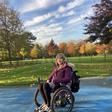



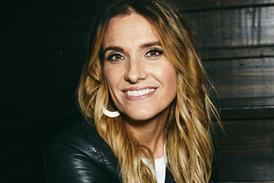
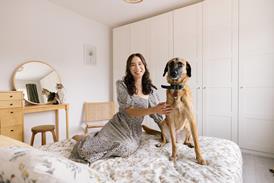






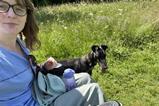


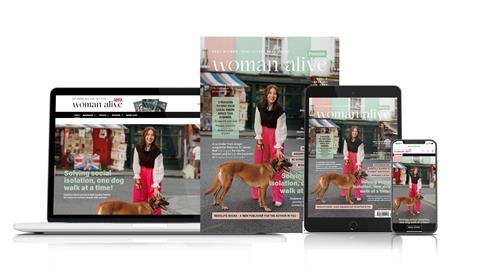



















No comments yet